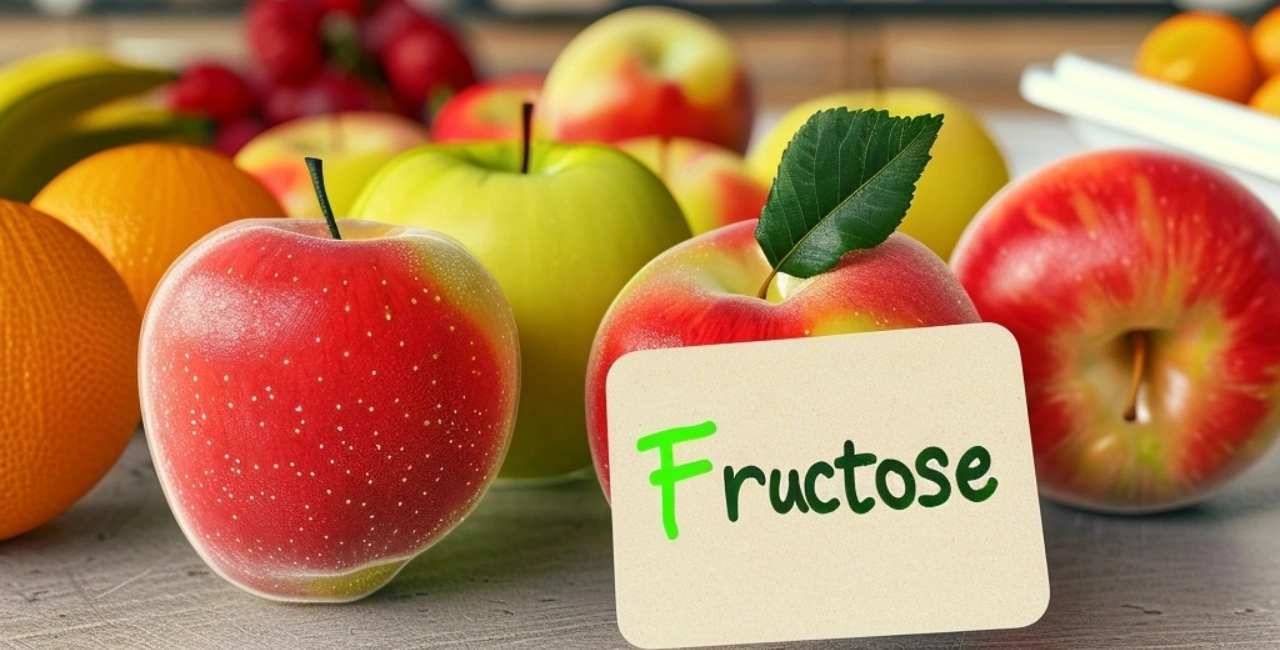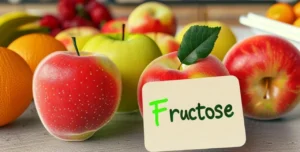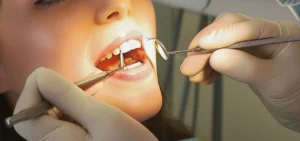Fructose, a natural sugar found in fruits and added to many processed foods and drinks, is often considered a healthier alternative to other sugars. However, when it comes to dental health, fructose can be just as harmful as any other sugar. In this post, we will delve into what fructose is, how it works, how it is acquired, its impact on dental health, and effective ways to combat its adverse effects.
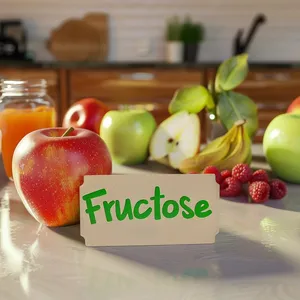
What is Fructose?
Fructose is a simple sugar, or monosaccharide, naturally present in fruits, honey, and root vegetables. It is one of the three dietary monosaccharides, along with glucose and galactose, which are directly absorbed into the bloodstream during digestion. Fructose is also a key component of sucrose (table sugar) and high fructose corn syrup (HFCS), commonly used in many processed foods and beverages.
How Fructose Works:
Once consumed, fructose is metabolized primarily in the liver, where it is converted into glucose and stored as glycogen. Unlike glucose, which triggers a significant insulin response and is used by the body’s cells for energy, fructose has a minimal effect on blood sugar levels and insulin secretion. This unique metabolic pathway means that fructose is often stored as fat, which can contribute to various health issues, including obesity and liver disease.
How is Fructose Acquired?
Fructose can be acquired through two main sources: natural and processed.
Natural Sources:
Fruits: Apples, bananas, grapes, and berries.
Vegetables: Carrots, beets, and sweet potatoes.
Honey and Agave Syrup: Natural sweeteners rich in fructose.
Processed Sources:
Soft Drinks and Fruit Juices: High in HFCS or added fructose.
Baked Goods and Sweets: Cakes, cookies, and candies often contain added fructose.
Processed Snacks: Cereals, granola bars, and flavored yogurts.
Impact of Fructose on Dental Health:
Despite its natural origin, fructose poses significant threats to dental health, comparable to other sugars. Here’s how fructose affects your teeth:
Acid Production:
When fructose is consumed, oral bacteria, particularly Streptococcus mutans, feed on the sugar and produce acid as a byproduct. This acid can erode the enamel, the protective outer layer of the teeth, leading to cavities and tooth decay.
Plaque Formation:
Fructose contributes to the formation of dental plaque, a sticky biofilm that harbors harmful bacteria. If not removed through proper oral hygiene, plaque can harden into tartar, further contributing to gum disease and tooth decay.
Decreased Saliva Production:
High intake of fructose-laden foods and drinks can lead to dry mouth, a condition where saliva production is reduced. Saliva is essential for neutralizing acids and washing away food particles and bacteria. A dry mouth environment can accelerate the decay process and increase the risk of cavities.
Enamel Demineralization:
The acids produced by fructose metabolism can lead to demineralization of the enamel. Without sufficient remineralization (through saliva or fluoride), teeth become more susceptible to decay and damage.
How to Combat the Adverse Effects of Fructose:
While it is nearly impossible to eliminate fructose entirely from the diet, especially given its natural presence in fruits and vegetables, there are several strategies to mitigate its impact on dental health:
Maintain Good Oral Hygiene:
Brush Twice Daily: Use a fluoride toothpaste to help strengthen enamel and reduce the risk of cavities. Make sure to brush all surfaces of the teeth and along the gumline.
Floss Daily: Remove plaque and food particles from between teeth and under the gumline where a toothbrush can’t reach.
Use Mouthwash: An antibacterial mouthwash can help reduce oral bacteria and plaque formation.
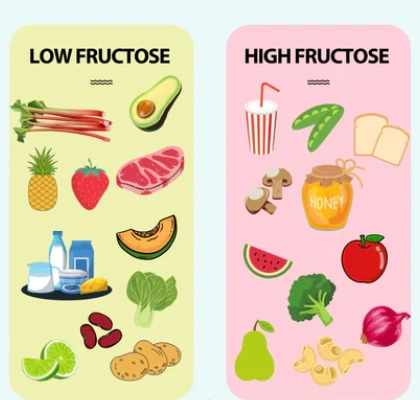
Watch Your Diet:
Limit Sugary Foods and Drinks: Reduce consumption of processed foods and beverages high in added fructose, such as soft drinks, candies, and baked goods.
Choose Whole Fruits: Opt for whole fruits instead of fruit juices or dried fruits. Whole fruits have fiber that helps reduce the speed of sugar absorption and promotes saliva production.
Stay Hydrated:
Drink Plenty of Water: Water helps wash away food particles and bacteria and keeps the mouth hydrated. Drinking water after consuming fructose-rich foods can help neutralize acids.
Chew Sugar-Free Gum: This can stimulate saliva production, which helps neutralize acids and remineralize teeth.
Regular Dental Checkups:
Visit Your Dentist Regularly: Regular checkups and cleanings can help detect early signs of decay and gum disease and provide professional cleaning to remove plaque and tartar.
Seek Professional Advice: If you consume a lot of fructose-rich foods, your dentist can offer specific advice on how to protect your teeth.
Use Fluoride Treatments:
Fluoride Toothpaste and Mouthwash: Fluoride helps strengthen enamel and makes teeth more resistant to acid attacks.
Professional Fluoride Treatments: Your dentist can provide fluoride treatments to help protect against decay, especially if you are at high risk.
Fructose, while a natural component of many healthy foods, can pose a significant threat to dental health if consumed in excess, especially through processed foods and beverages. Understanding how fructose affects your teeth and adopting effective oral hygiene practices can help mitigate its harmful effects.
By making informed dietary choices, maintaining good oral hygiene, and seeking regular dental care, you can protect your teeth from the silent threat of fructose and maintain a healthy, radiant smile. If you have concerns about your fructose intake and its impact on your dental health, schedule an appointment with Dr. Veners today. We are here to help you achieve and maintain optimal oral health.


